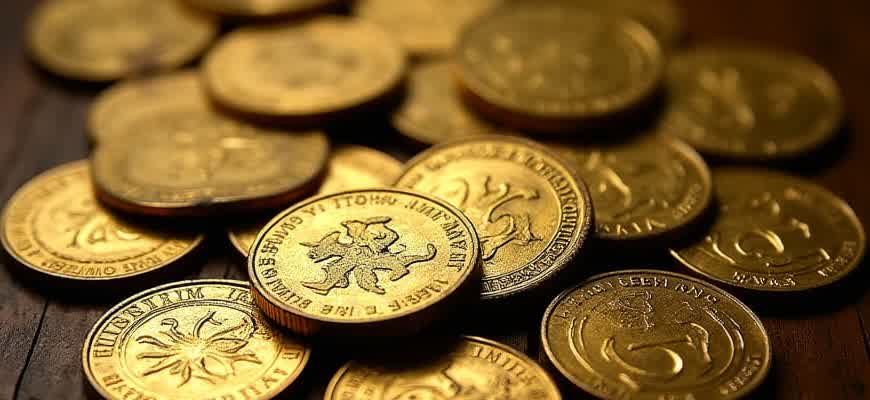Ethereum Coin Name

The coin associated with the Ethereum blockchain is often referred to by a few key names, the most prominent being "Ether" (ETH). This digital asset plays a central role in the functioning of Ethereum, acting as both a store of value and a medium of exchange for transactions on the platform.
Ether is not only used for payments but also fuels decentralized applications (dApps) running on the Ethereum network. Here’s a breakdown of its role:
- Transaction Fees: Ether is used to pay for computational resources and transaction processing.
- Smart Contracts: ETH powers the execution of smart contracts on the Ethereum blockchain.
- Decentralized Finance (DeFi): Ether is widely used within DeFi protocols for lending, staking, and liquidity provision.
"Ether is the lifeblood of the Ethereum network, ensuring the decentralized applications can function smoothly."
In comparison to Bitcoin, which focuses on being a store of value, Ether’s primary function is to enable decentralized computing. It serves as a necessary element for anyone looking to interact with Ethereum’s ecosystem.
| Feature | Ether (ETH) |
|---|---|
| Primary Purpose | Transaction and computational power for the Ethereum network |
| Launch Year | 2015 |
| Blockchain | Ethereum |
| Supply Limit | None, continuous issuance |